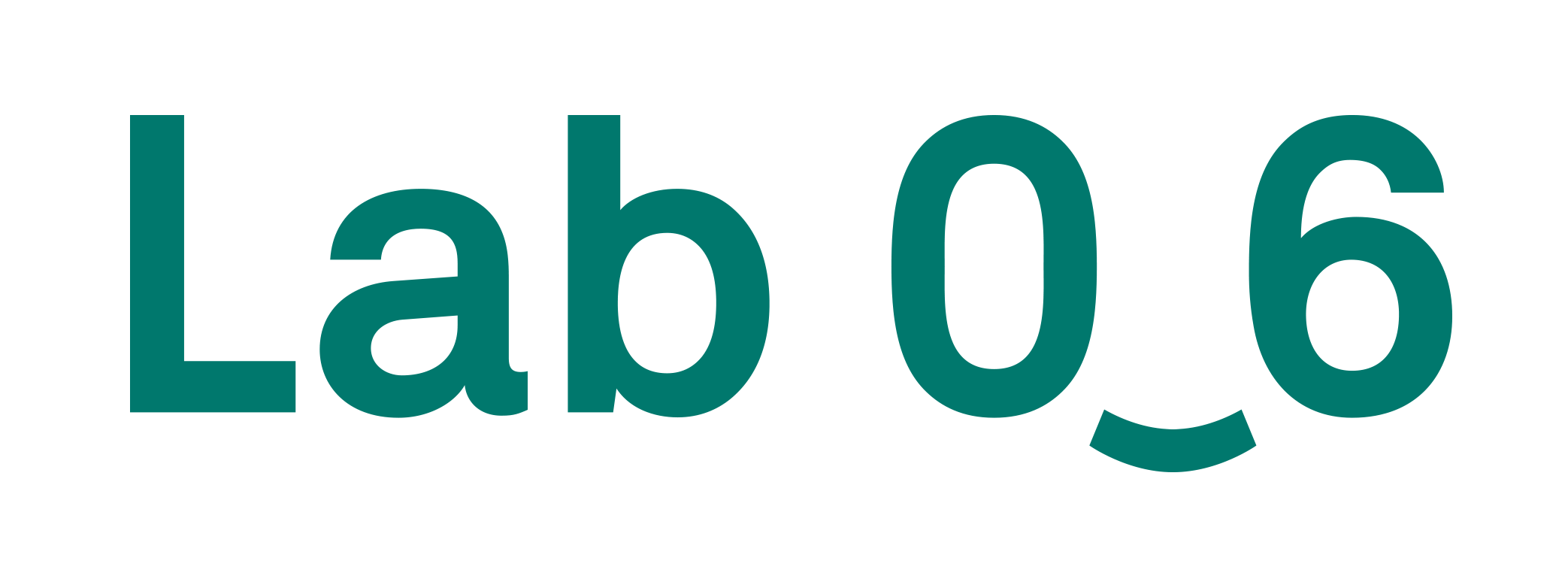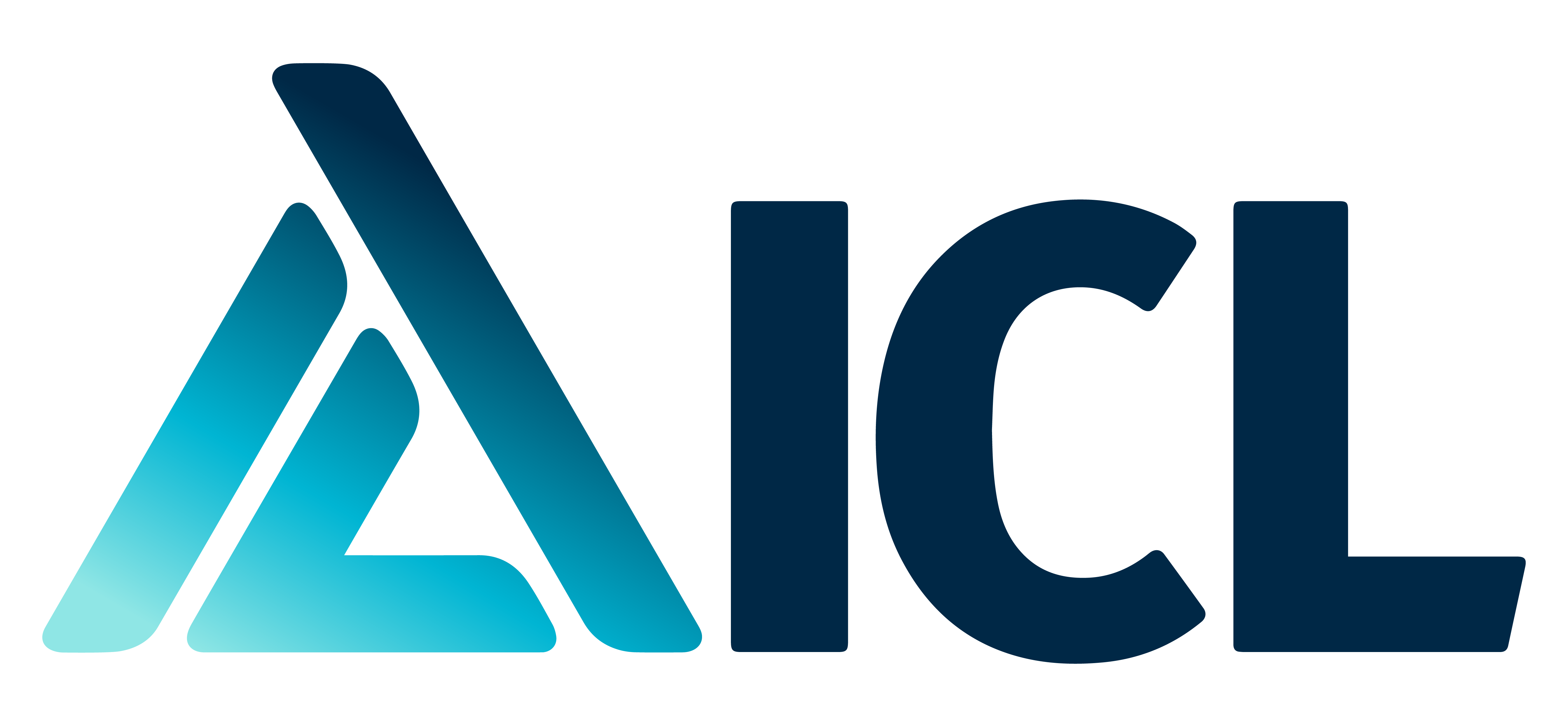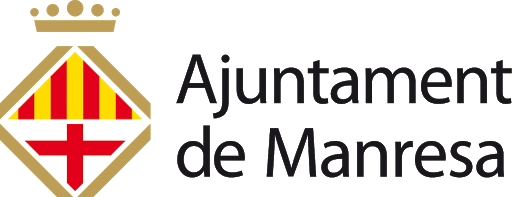ABOUT THE CONFERENCE
The objective of the conference is to give visibility and its own entity to early childhood scientific education and to consolidate the findings made by research in this field with the knowledge acquired by teachers from their own experience.
This Conference was devised to address two most current concerns.
It can easily be observed that in any conference on science didactics, the presence of contributions concerning Early Childhood Education is little more than residual. At the same time, when conferences deal specifically with education at an early age, the amount of time dedicated to science is limited.
We want to show the very identity of science in Early Childhood Education by making this field which is so close to infants much more visible. From the very moment children first open their eyes to the world, they feel curiosity to interpret phenomena and to understand how the world around them works. If we want to achieve a better relationship between science and society, we must start from the very first opportunity which presents itself.
Another current concern regards the distant relationship between the world of research in education and the world of educational practice in schools. It is necessary for these two worlds to dialogue much more fluidly than they normally do and to achieve this, it is necessary to create spaces which can facilitate contact and exchanges between research and teaching. This dialogue must take place from the concept of equality taking into account the expertise of both parties, since research can contribute as much to teaching, as the knowledge derived from teaching can to research.
These synergies will go on to benefit universities, research centres as well as educational institutions for trainee teachers.
Thematic lines
The Conference focuses on the following thematic lines chosen for their relevance in Science Education in the Early Years: scientific competence in children up to 8 years old, with special attention to the early ages (0-3 years old); inclusive science education to reflect on how to make science in contexts that favour inclusion; initial and permanent teacher training to promote a positive impact on new educators; and the 2030 agenda and future challenges faced by society.
UManresa is organising the Conference coinciding with the implementation of the UEducation project
This conference has been established at this time and in this specific place because the organising centre, UManresa, is launching new facilities that will open the way to a step forward in the search to find the means to bring science closer to children from the moment of birth.
The experience obtained both in the Lab 0_6 and other facilities dedicated to science for children created by the academic staff of the UManresa Degree in Early Childhood Education, as well as in the European project Communities for Sciences, has been key to making the decision to organise this I International Conference of Science in Early Childhood Education: Science since birth in Manresa.
ORGANISING COMMITTEE
MONTSERRAT PEDREIRA. Facultat de Ciències Social de Manresa (UVic-UCC)
CARLA QUESADA-PALLARÈS. Facultat de Ciències Social de Manresa (UVic-UCC)
JUDIT SABIDO. Facultat de Ciències Social de Manresa (UVic-UCC)
LOLI VÁZQUEZ. Facultat de Ciències Social de Manresa (UVic-UCC)
GABRIEL LEMKOW. Facultat de Ciències Social de Manresa (UVic-UCC)
JOSÉ CANTÓ. Universitat de València
SCIENTIFIC COMMITTEE
JUAN CARLOS RIVADULLA. Universidade da Coruña
YOLANDA GOLÍAS. Universidade da Coruña
ISABEL GARCÍA-RODEJA. Universidade de Santiago de Compostela
SABELA FERNÁNDEZ. Universidade de Santiago de Compostela
JULIÀ HINOJOSA. Universitat de Barcelona
NEUS BANQUÉ. Universitat Autònoma de Barcelona
JESÚS CANELO. Universitat Ramon Llull
MARÍA ESTHER PAÑOS. Universidad de Castilla – La Mancha
MARCIA EUGENIO-GOZALBO. Universidad de Valladolid
CARLOS DE PRO. Universidad de Murcia
JOSU SANZ. Universidad del País Vasco / Euskal Herriko Unibertsitatea
MARÍA NAPAL. Universidad de Navarra
JORDI CANTONS. Universitat d’Andorra
INGRID MULÀ. Universitat de Girona
MARTA GUAL. Universitat de Girona
FRANCISCO JAVIER ROBLES. Universidad de Murcia
MARÍA LORENZO. Universidad de Vigo
JUAN-FRANCISCO ÁLVAREZ-HERRERO. Universitat d’Alacant
GENINA CALAFELL. Universitat de Barcelona
MARÍA ANTONIA LÓPEZ-LUENGO. Universidad de Valladolid
MANUEL MORA. Universidad de Córdoba
FÁTIMA RODRÍGUEZ. Universidad de Sevilla
MONTSERRAT PEDREIRA. Facultat de Ciències Socials de Manresa (UVic-UCC)
CARLA QUESADA-PALLARÈS. Facultat de Ciències Socials de Manresa (UVic-UCC)
LOLI VÀZQUEZ. Facultat de Ciències Socials de Manresa (UVic-UCC)
GABRIEL LEMKOW. Facultat de Ciències Socials de Manresa (UVic-UCC)
JUDIT SABIDO. Facultat de Ciències Socials de Manresa (UVic-UCC)
DANI ZUAZAGOITIA. Universidad del País Vasco / Euskal Herriko Unibertsitatea
CRISTINA OLIVEROS. Departament d’Educació de la Generalitat de Catalunya
CARLO ANTONINI. Università degli Studi di Milano-Bicocca
ELENA BOADAS. Universitat Ramon Llull
NOËLLE FABRE. Universitat de Barcelona
NÚRIA CASTIÑEIRA. Universidad de Vigo
ANA RUIZ. Universidad de Murcia
FRANZ JANOSKA. Roma Adult Education Center Oberwart
HONOUR COMMITTEE
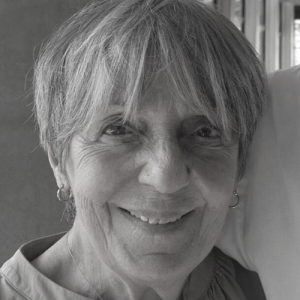
Hilda Weissman
Degree in Education Sciences at the University of Buenos Aires and Pedagogue. She was a teacher, school director, university lecturer, researcher and trainer of trainers. In 1975, he created the Eureka Science Workshop in Argentina and, later, the Galileo Galilei Science and Computing Workshop. Later, he coordinated the Scientific Activities Area at the Municipality of Buenos Aires. Between 1992 and 2011, she lived in Barcelona where she was responsible for the design and subsequent management of the School Agenda 21, a position she held until her return to Argentina in 2011. She is currently a consultant in Communication and Education Environmental in the collaborative work platform, La Ciudad Posible.
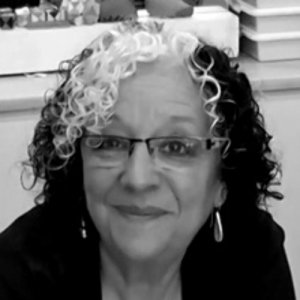
Carme Alemany
Teacher at El Roure Gros, a public school in Santa Eulàlia de Riuprimer, where she implemented the project “Knowing, discovering and learning together through science”, which received the Josep Pallach Award in 2009 and the Cercle d’ Economy Award in 2011.
With the work done with his students, “The transit of Venus at school”, he won the special prize of the European Southern Observatory and the European Association for Astronomy Education. With the work on the Parallel Earth, he received recognition from the 2019 “Ciencia en acción” contest and was chosen to be presented at “Science on Stage” in Geneva.
In 2012, he received the “Mestres 68” award in recognition of the work carried out in the world of education.
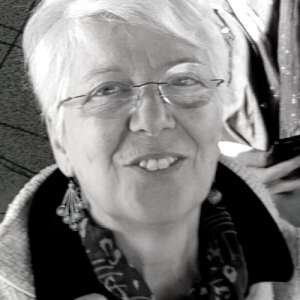
Nicoletta Lanciano
Degree in Mathematics with a final thesis on didactics that she developed with Emma Castelnuovo, with whom she has collaborated for a long time. He teaches Didactics of Geometry and Space and Didactics of Sciences at “La Sapienza” University. He has a doctorate in Didactics of Astronomy at the University of Geneva.
He works as a teacher trainer and does research in the Didactics of Mathematics and Astronomy for teachers of different educational stages, including Early Childhood Education.
He is responsible for the Research Group on Pedagogy of the Sky of the Educational Cooperation Movement, Pedagogia Freinet. She is the ideologue of the Globolocal international project for a democratic use of the globe.
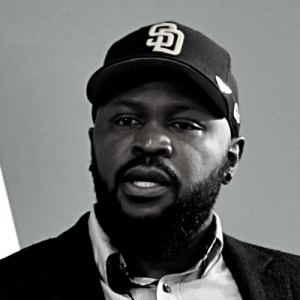
Kabeb Rashad
Kaleb is the Interim CEO of High Tech High (HTH), a K-12 network of 16 diverse-by-design, project-based learning schools in San Diego. Kaleb is the Founder & Creative Director at the Center for Love & Justice (located at the HTH Graduate School of Education) where they support community leaders in advancing educational equity by focusing on the deepest forms of learning in Canada, Spain, Hong Kong and across the U.S. Kaleb holds a bachelor’s degree in
Human Development, two master’s degrees, and a doctorate in educational leadership with an empasis on relational trust and organizational change. Kaleb enjoys hiking, camping, surfing, live blues and jazz, cooking, performance art, and learning to fly single-engine airplanes. Feel free to connect with him on social media: @kalebrashad.
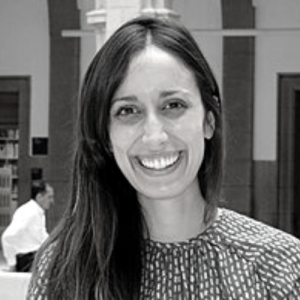
Andrea Khalfaoui
Andrea Khalfaoui es doctora en educación por la Universidad de Deusto e investigadora postdoctoral visitante en la Moray House School of Education and Sports de la Universidad de Edimburgo, donde forma parte del Children and Young People Research Group. Ha publicado en revistas de impacto como European Early Childhood Education Research Journal, o Early Childhood Education Journal. La doctora Khalfaoui ha colaborado en diversos proyectos de investigación competitiva y actualmente forma parte del equipo coordinador del proyecto Horizon Europe SCIREARLY (Policies and Practices Based on Scientific Research for Reducing Underachievement and Early School Leaving in Europe).
PROGRAMME
The Conference will be held at the UManresa facilities (Manresa campus of the University of Vic – Central University of Catalonia).
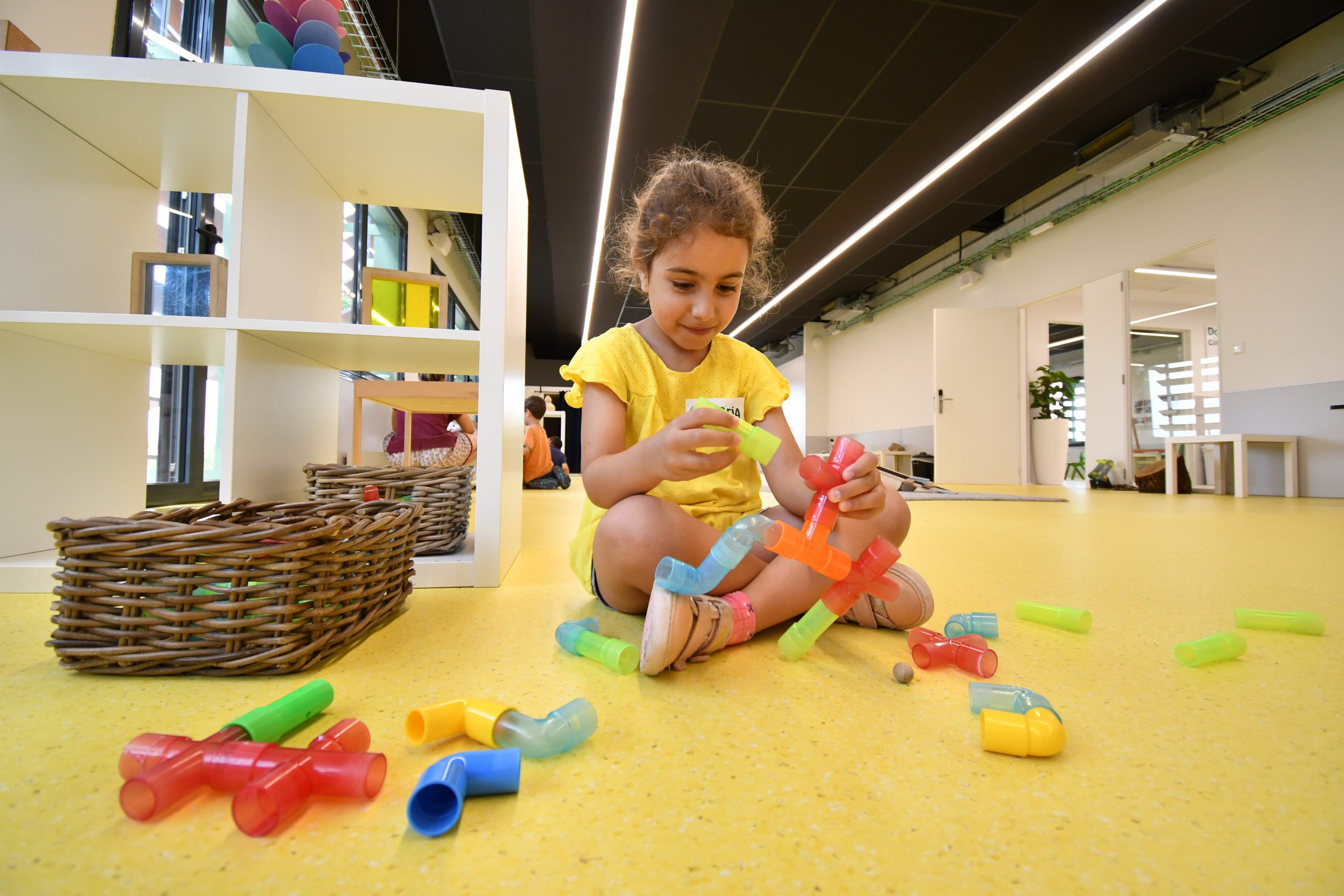
Wednesday 5th July 2023
08.00. Registrations
09.30. Opening ceremony
10.00. Lecture: ” Enseñar distinto: invitar a los niños a la aventura del pensamiento ” by Melina Furman
11:00. coffee break
11.30. Session A. Academic papers (simultaneous sessions)
13.00. Lunch
14.30. Session B. Visits to the Lab 0-6
16.00. coffee break
16.15. Session C. Shared experiences (simultaneous sessions)
17.45. Closing the experiences
18.15. Tourist visit to Manresa that will end at 8:00 p.m. with the taste of Pelegrí (wine, “dolç del Pelegrí” and “espetec”).
Punt de trobada: Manresa Tourist Office, Plaça Major, 10. Visit subsidized by the Manresa City Council
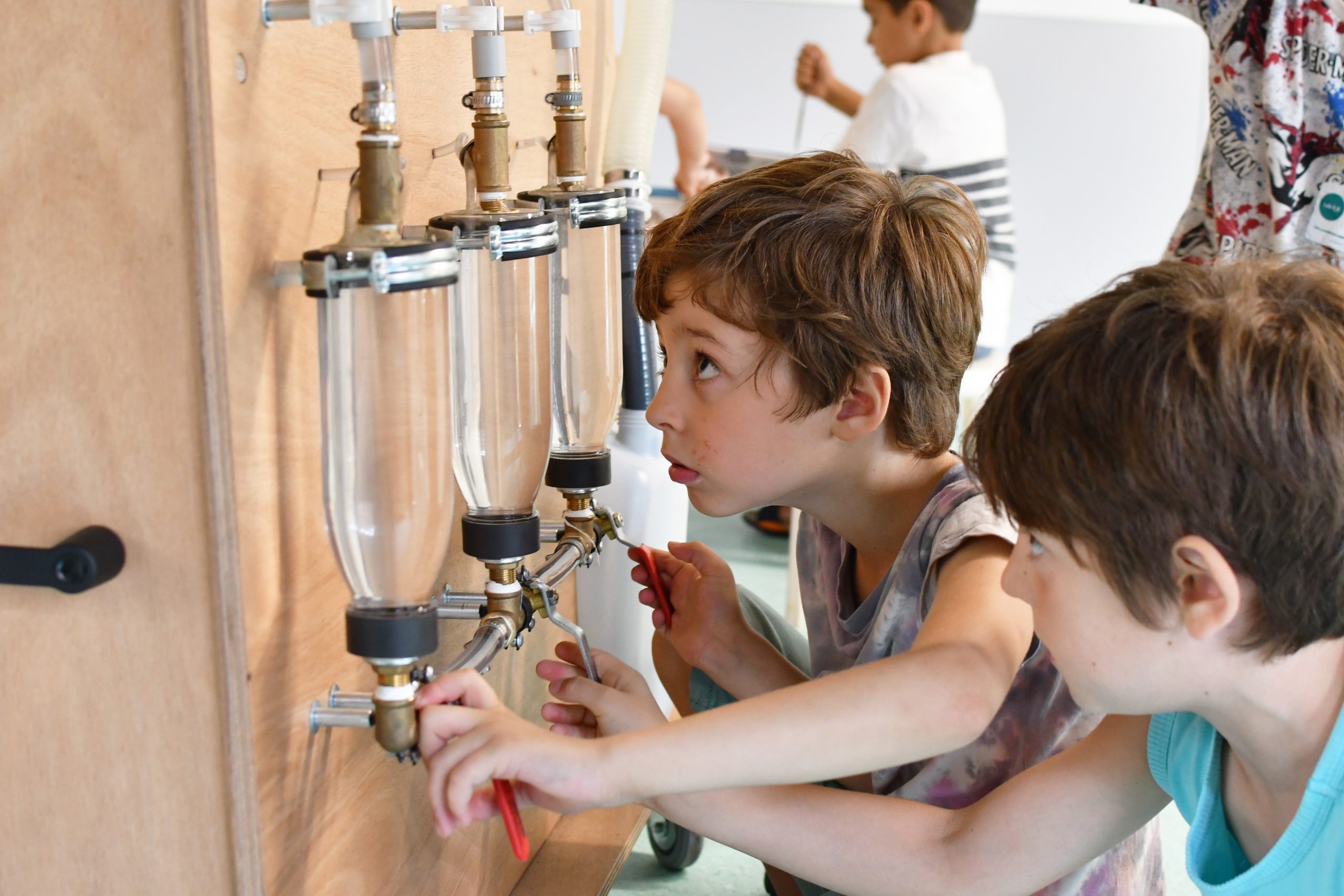
Thursday 6th July 2023
08.30. Registrations
09.00. Session D. Academic papers (simultaneous sessions)
10.30. coffee break
11.00. Lecture: “Creating structures for children’s embodied engagement in science: the value of time and space for meaning-making” by Chris Siry
12.00. Session E. Posters
13.00. Lunch
14.30. Session F. Workshops (simultaneous sessions)
15.45. coffee break
16.15. Session F2. Workshops (simultaneous sessions)
20.00 Conference dinner (19.30 bus departure from the FUB)
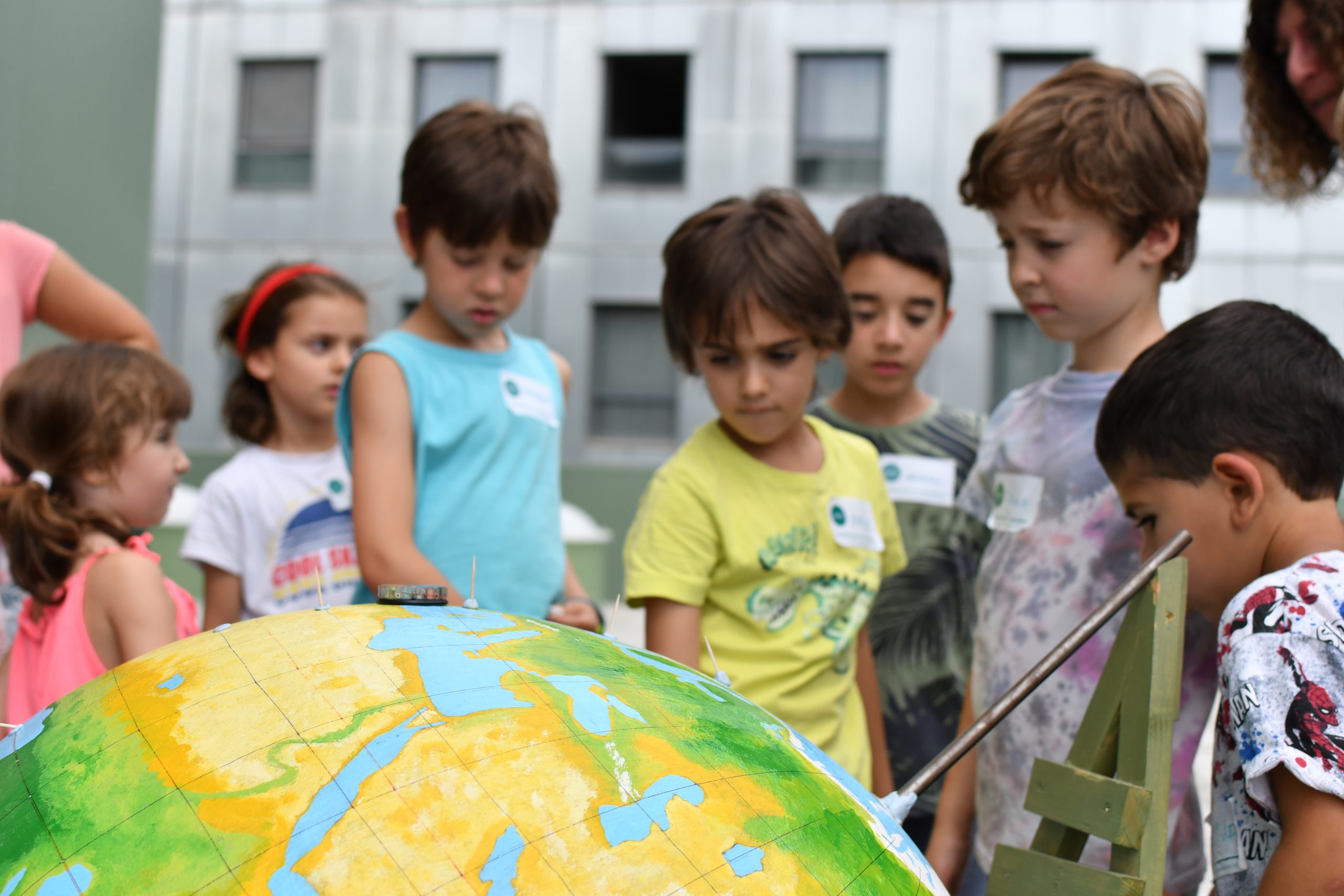
Friday 7th July 2023
09.00. registrations
09.30. Session G. Roundtables
11.00. coffee break
11.30. Session H. Tast of workshops
13.00. Closing ceremony
Dowload the full programme [>]
Download the Conference Proceedings [>]
SPEAKERS
(Translation of all conferences into Spanish and English)
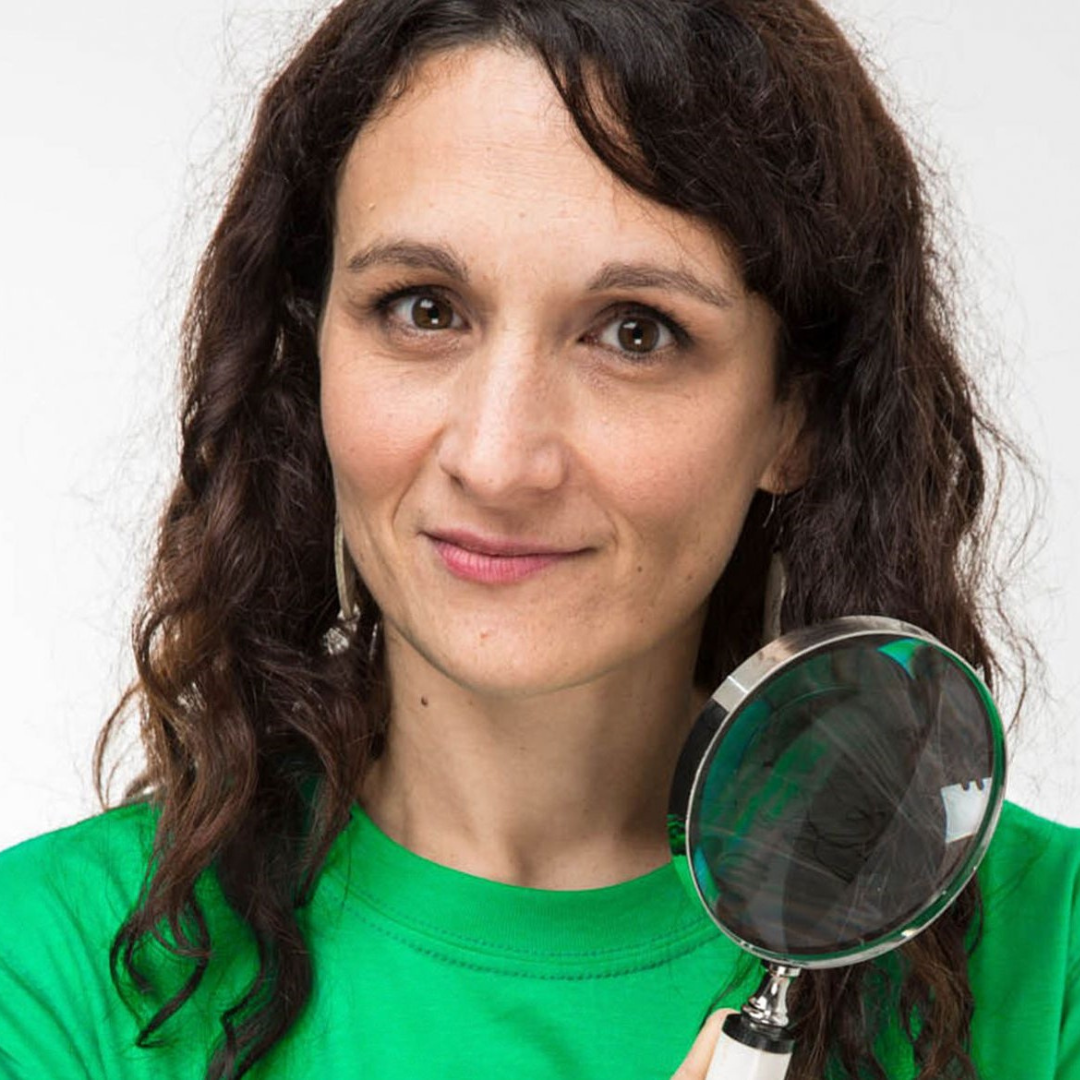
MELINA FURMAN
Melina Furman is a biologist with a PhD in Education. She is a researcher at the National Council for Scientific and Technical Research (CONICET) in Argentina, and an associate Professor at the School of Education of the University of San Andrés. She investigates the teaching of critical and curious thinking in education from early childhood to university as well as teacher training in the area of science.
She has coordinated, evaluated and taken part in educational programmes for organizations like the World Bank, IBID, UNESCO, UNICEF and different Ministries of Education in South America. She is the author of various books like “Aprender ciencias en el jardín de infantes”, “Guía para criar hijos curiosos” and “Enseñar Distinto”, published in Spain by Capital Intelectual.
Speech
“Teaching differently: inviting children to the thinking adventure”
Many people say that we are scientists from the cradle because we come to this world with the instinct of learning and with great curiosity. How can we, as teachers, accompany and enhance children to build thinking habits and a learning motivation that may go with them all along their lives?
This speech will dedicated to some concepts and experiences of real schools that can help us to make richer our daily performance with our students.

CHRIS SIRY
Christina Siry is Professor of Learning and Instruction at the University of Luxembourg, and her research interests are in early childhood science education and the related area of teacher education for science.
Grounded in critical theories, she seeks to highlight the complexity of ways in which children engage in science. Together with her team, she investigates the multimodal ways in which plurilingual children engage in science learning spaces, to highlight the resources they bring to interaction.
The understandings gleaned through research with children are brought to teacher education through her main project, The SciTeach Center – a teacher resource center at the University of Luxembourg.
Speech
“Creating structures for children’s embodied engagement in science: the value of time and space for meaning-making“
In this presentation I will look across some studies conducted in my team over the years to explore pedagogical structures that support young children’s embodied engagement in science. A particular emphasis will be on methodologies that we have developed over time to support resource-rich views on children’s participation and meaning-making, and to underscore the complexities of young children’s science engagement. The overall goal is to present a contextualized view on how we work towards spaces of inclusion, equity and justice in our collaborations with teachers through our work at the SciTeach Center, a resource Center for primary school teachers in Luxembourg.
PARTICIPATION AND REGISTRATION
REGISTRATION
PARTICIPATE AS A CONFERENCE ATTENDEE
What does registration for the Conference include?
Registration for the Conference includes attendance to the activities scheduled during the 3 days, coffee breaks, meals on the first and second days and the Conference dinner. It also includes visits to the Lab 0-6 and CISARC, as well as the reception on the first day. It does not include transport or accommodation.
Languages used in the Conference
The official languages of the Conference are Catalan, Spanish and English. Translation into English or Spanish will be available for all presentations.
English will be the language of communication for the posters and round tables whereas Catalan, Spanish and English will be used for the experiences and workshops,
Thematic lines
- Line 1 Scientific competence 0 to 8 years
- Line 2 Inclusive Scientific Education
- Line 3 Initial and permanent training of Early Childhood Education Science educators
- Responding to 2030 challenges
Calendar of important dates
January 15th 2023. Start of early registration
May 30th 2023. Final deadline for early registration
May 31th 2023. Start of registration
July 1st 2023. Final deadline for registration
Fees
Reduced fee for students and teachers, before May 31st, 2023*: €170
Reduced fee for students and teachers, from May 21st 2023*: €200
Regular fee, before May 31st, 2023: €225
Regular fee, from May 31st 2023: €250
*People registering as students or teachers must send evidence of their situation to the congress secretariat (sciencesincebirth@umanresa.cat) (students: proof of registration for the 2022-2023 academic year; teachers: some document proof of being active).
The price includes the welcome bag, 3 breaks in the morning and 2 in the afternoon, lunch on Wednesday and Thursday, the congress dinner, as well as participation in all its activities.
TAKE PART AS A SPEAKER AT THE CONFERENCE
Presentation of papers and posters
To find out which is the best format to participate in the Conference, carefully read the information on session formats and the document with the guidelines.
Publication of participations
(1) BOOK OF PROCEEDINGS. Before the start of the Congress, a book of proceedings with an ISBN will be published with the accepted papers. Authors who do not want their contributions to be published in the book of proceedings must notify the congress secretariat (sciencesincebirth@umanresa.cat) no later than April 3.
(2) BOOK PUBLISHED BY GRAÓ. The Inclusive Scientific Education collection will choose 10 communications to be developed as articles to be published by Graó (SPI Q1 num. 2 Education / SPI Q2 Global num. 32)
(3) Some school Experiences will be included in a Science education Journal.
(4) Some research papers will be included in a Journal Monograph on Early Childhood Science Education with double-blind review.
Calendar of important dates (attention: the deadline for abstract submissions has been postponed)
October 24th 2022. Start of abstract submissions
February 1st 2023. Final deadline for abstract submissions
March 2023. Notification of accepted abstracts
Consult and download the submissions guidelines and the templates for communications
DO YOU HAVE PROBLEMS WITH THE REGISTRATION? WE GIVE YOU SOME ADVICE.
Do you want to receive updates about the Conference?
Leave us your details if you want us to inform you promptly of all the latest news related to the Conference.
SESSION FORMATS
Calendar of important dates
October 24th 2022. Start of abstract submissions
January 15th 2023. Final deadline for abstract submissions
March 2023. Notification of accepted abstracts
Consult the submission guidelines
ORAL PRESENTATIONS
Oral presentations will comprise four different studies, followed by a discussion with the audience.
Presentations may include descriptions of (completed) original empirical studies or theoretical contributions (e.g., review study, meta-analysis).
The working sessions will last for 90 minutes, which include four speakers, each with a maximum of 12 minutes for the presentation and 8 minutes for the discussion. This will leave 10 minutes per session for practical aspects and, if there is any time left, for more discussion between the different presentations. The session president will be in charge of controlling the scheduled time as well as leading the debates.
It is important that the empirical presentations indicate clear data and results, or they will not be accepted. Research which is still in a previous phase is more suitable for round table sessions or posters. Theoretical presentations are also welcome, which provide background research, specific evidence, analytical thinking and/or recommendations on specific topics.
This format belongs to the sessions named “Academic papers”.
English will be the language of communication for the oral presentations, posters and round tables.
POSTERS
Interactive poster sessions include five or six posters, visually presenting areas of research (empirical or theoretical). This could include studies which are already completed, but the format is also suitable for presenting ongoing research.
A very short presentation of 3 minutes maximum for each poster will be delivered to an audience gathered in a small group. After the brief presentation made by the authors, the audience can walk around and have in-depth discussions with the different presenters.
Poster sessions provide researchers with the possibility of presenting their work in a visual format and offer more opportunities for interaction and discussion.
The interactive poster sessions are led by a president who is in charge of directing the start of the session.
Posters should preferably be printed in an A0 format (portrait) or alternatively in an A1 format (landscape or portrait).
English will be the language of communication for the oral presentations, posters and round tables.
ROUND TABLES
Roundtable sessions provide the perfect opportunity to explore research topics.
This format is ideal for discussing current work in progress.
The presenters introduce their emerging data and theory (a 5-minute presentation) and invite the audience to contribute to a debate on the possible challenges. The time is divided equally between all the presenters of the session.
Three to five presenters one after another will explain and discuss their research.
This format belongs to the sessions named “Academic papers”.
English will be the language of communication for the oral presentations, posters and round tables.
PRACTICAL WORKSHOPS
Practical workshops offer the opportunity to familiarise the audience with various aspects of teaching practice.
Learning by doing takes up most of the session. It is also important to provide the right time for thoughtful discussion.
This format is especially interesting for professionals (teachers, educators, etc.) who are experts in some teaching practices which are not widely known.
Presenters will need to bring their own material, if necessary.
The workshops are scheduled individually to last for 90 minutes.
This format belongs to the sessions called “Shared Experiences”.
The languages of communication for the experiences and workshops will be Catalan, Spanish and English.
SCHOOL EXPERIENCES
School experiences are a mixture between workshops and individual studies.
Professionals should opt for using this format when they want to share successful (or not so successful) teaching experiences in their schools.
In this format, evidence-based practice is mandatory, so the presentations should include descriptions of school experiences which have already been carried out together with their results.
School experience sessions will last for 90 minutes, which include four speakers, each with a maximum of 12 minutes for the presentation and 8 minutes for the discussion. This will leave 10 minutes per session for practical aspects and, if there is any time left, for more discussion between the different presentations.
This format belongs to the sessions called “Shared Experiences”.
The languages of communication for the experiences and workshops will be Catalan, Spanish and English.
PRACTICAL INFORMATION FOR PARTICIPANTS IN THE CONFERENCE
How to get to Manresa
Manresa is a city located in the centre of Catalonia, one hour away from Barcelona by train or car and very well connected within the whole territory.
Car parks
While the Conference is being held, vehicles can be parked for free in any of the University car parks.
Restaurants
The University has a cafeteria-dining room located within its facilities.
There are also other restaurants nearby.
Accomodation
During the Conference, there are different accommodation options available.
Family conciliation service
The Conference provides a family conciliation service for children up to 8 years old, within the University and with different activities related to science.
Time: from 9am to 1pm
Prior registration is required.
If you are interested, please contact the Conference Comitee at:
sciencesincebirth@umanresa.cat
CONFERENCE ORGANIZATION
The department of the degree in Early Childhood Education of the Faculty of Social Sciences of Manresa of the University of Vic – Central University of Catalonia is in charge of the organisation of the Conference.

